Autism or ADHD? Warning Signs and How to Support Neurodiversity Now
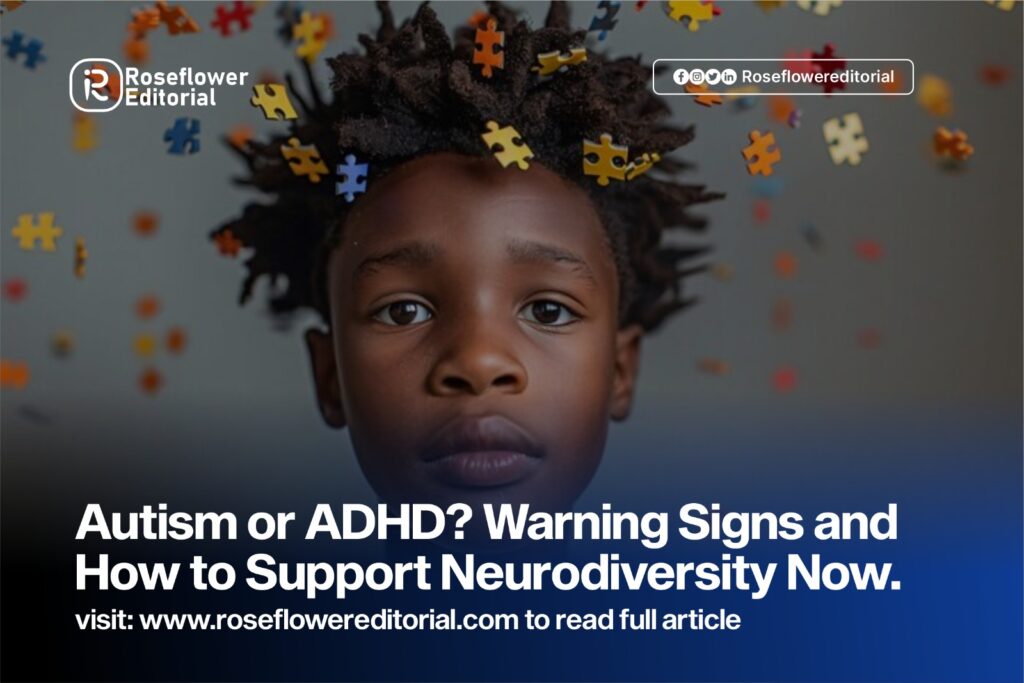
Autism or ADHD? What You Need to Know
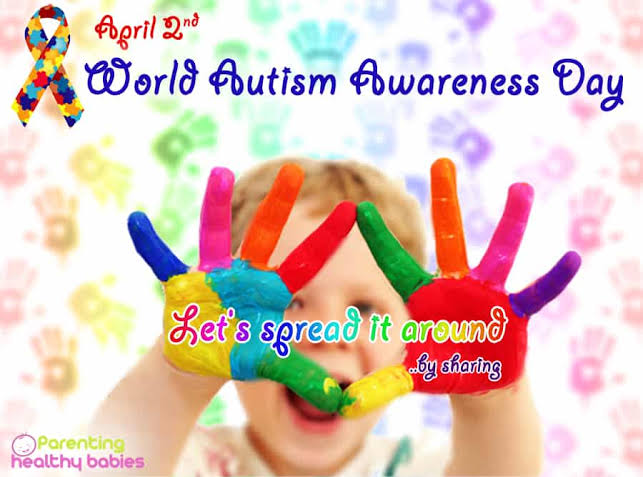
If you’ve noticed your child struggling with focus, behaviour, or social situations, it can be overwhelming. Autism and ADHD are two conditions that are often confused. They share some similarities, but they also have key differences. Understanding these differences is the first step in ensuring your child gets the right support. Let’s explore what each condition looks like and how you can identify the signs.
What is Autism? Key Characteristics You Should Know
Autism, or Autism Spectrum Disorder (ASD), affects how a person experiences the world. It’s often evident in how someone communicates, interacts, and behaves. Here are a few signs to look for:
Social communication challenges: Your child might struggle with understanding body language, facial expressions, or making eye contact.
Strong need for routine: Changes in routine or environment may cause distress or anxiety.
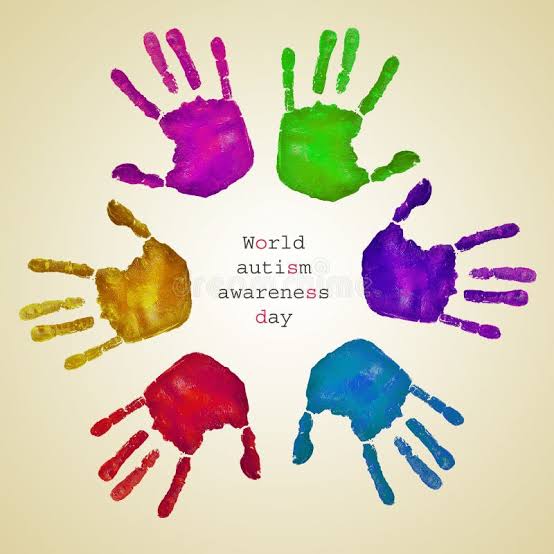
Repetitive actions or behaviours: Your child might engage in certain actions, like rocking, flapping hands, or repeating phrases.
Sensitivity to sensory input: Loud noises, bright lights, or certain textures may be overwhelming.
Interactive Element: Quick Fact-Check Quiz
Take a moment to check your knowledge of autism signs.
- Does your child avoid eye contact?
- Is your child unusually sensitive to sounds or touch?
- Does your child get anxious with changes to routines?
- Does your child repeat certain words or behaviours? [Click here for the answers!]
Source for reference: National Autistic Society, “What is autism?”
What is ADHD? Quick Overview of Key Symptoms
Attention-Deficit/Hyperactivity Disorder (ADHD) is a condition that impacts a person’s ability to focus, control impulses, and stay still. Here are some of the core symptoms:
Inattention: Difficulty staying focused, forgetting instructions, or losing track of tasks.
Hyperactivity: Constant fidgeting, difficulty sitting still, or running around even in calm settings.
Impulsivity: Acting before thinking, interrupting conversations, or struggling to wait your turn.
While it’s normal for children to be active or distracted at times, children with ADHD show these traits regularly, and it affects their daily life.
Interactive Element: Short Questionnaire
Do you notice any of these ADHD signs?
Trouble staying on task or following through?
Constant need to move or fidget?
Interrupting conversations or acting on impulse?
http://Click here to see your results!] On autistic behaviours
While autism and ADHD share certain behaviours, such as difficulty with focus, they are very different conditions. Understanding these differences can help you provide better support for your child.
Social interaction: Children with autism often struggle to understand social cues and may find it challenging to build relationships. ADHD doesn’t typically affect social skills in the same way, although ADHD children may struggle with listening or staying focused during conversations.
Autism vs ADHD: Key Differences Explained
Behaviour patterns: Children with autism may have repetitive behaviours or a need for strict routines. In contrast, children with ADHD are often hyperactive and impulsive.
Focus: Children with ADHD tend to have trouble focusing across a wide range of activities. In contrast, children with autism may become intensely focused on one interest or activity, sometimes for extended periods.
Interactive Element: Infographic
This infographic makes it easy to compare the signs of autism and ADHD. It’ll help you clearly see the differences and similarities between the two.
http://American Psychiatric Association, “Autism Spectrum Disorder”
Early Signs: Autism or ADHD? Find Out Now
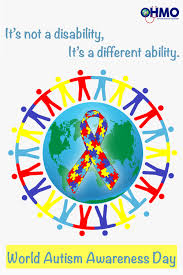
Recognising the early signs of autism and ADHD can be challenging. However, understanding these signs is vital for giving your child the best chance for support and growth. In this section, we’ll help you spot the key signs early and provide guidance on what to do next.
An autistic child isn’t disabled; they are only differently abled. They are not broken or less capable; they just experience the world differently.
Early Autism Signs in Children: Is Your Child at Risk?
Autism can present itself in a variety of ways, and its signs may appear early on. Here are some signs to look out for:
Social interaction struggles: Your child might avoid eye contact or seem uninterested in playing with others.
Speech delays: They may not start talking by the expected age or have difficulty forming sentences.
Repetitive actions: This can include hand-flapping, rocking, or obsessively lining up toys.
Sensory sensitivities: Your child may react strongly to lights, sounds, or textures.
Intense focus on certain interests: Children with autism often become fixated on a single topic or activity, sometimes to the exclusion of everything else.
Interactive Element: Self-Assessment Checklist
Wondering if your child is showing signs of autism? Tick the boxes below to see if you’ve noticed any of these behaviours:
[Check the boxes to learn more about autism signs.]
Source: National Autistic Society, “Early signs of autism”
Next Steps: Take Action Now
If you suspect that your child may have autism or ADHD, don’t wait—take the first step today. Early intervention makes a significant difference in a child’s development and overall well-being.
- Speak to Your GP or Paediatrician: If you’re in Nigeria, book an appointment with a trusted healthcare provider. In the UK, visit your NHS GP for guidance on assessments and referrals.
- Observe and Document Behaviours: Keeping a record of specific behaviours will help professionals make an informed diagnosis.
- Seek Professional Evaluation: If your child shows signs of autism or ADHD, they may need assessments by a child psychologist, paediatrician, or developmental specialist.
- Access Support Networks: Join parent support groups and seek advice from experienced professionals. In Nigeria, organisations such as The Zeebah Foundation provide support for neurodiverse children.
Interactive Element: Find Help Now
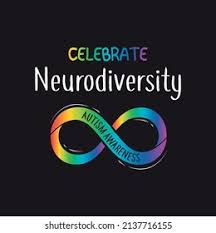
Use our interactive tool to locate autism and ADHD diagnostic centres in your area. Click below to access local and international support services.
[Get Your Free Support Guide & Find Help Now]
Recognising the signs of autism or ADHD early can make a world of difference. The sooner you seek professional support, the better the outcomes for your child. You are not alone—help is available, and taking action now can change your child’s future for the better.
Thank you for reading our article and do not forget to subscribe to our website at www.roseflowereditorial.com to get the latest updates and follow us on Instagram, Facebook, and LinkedIn. In case you missed our last article on Egg Freezing: The Ultimate Preservation Guide for Women, click here.
Written edited, and published by Patience Ubi
Graphics by Seye Somefun
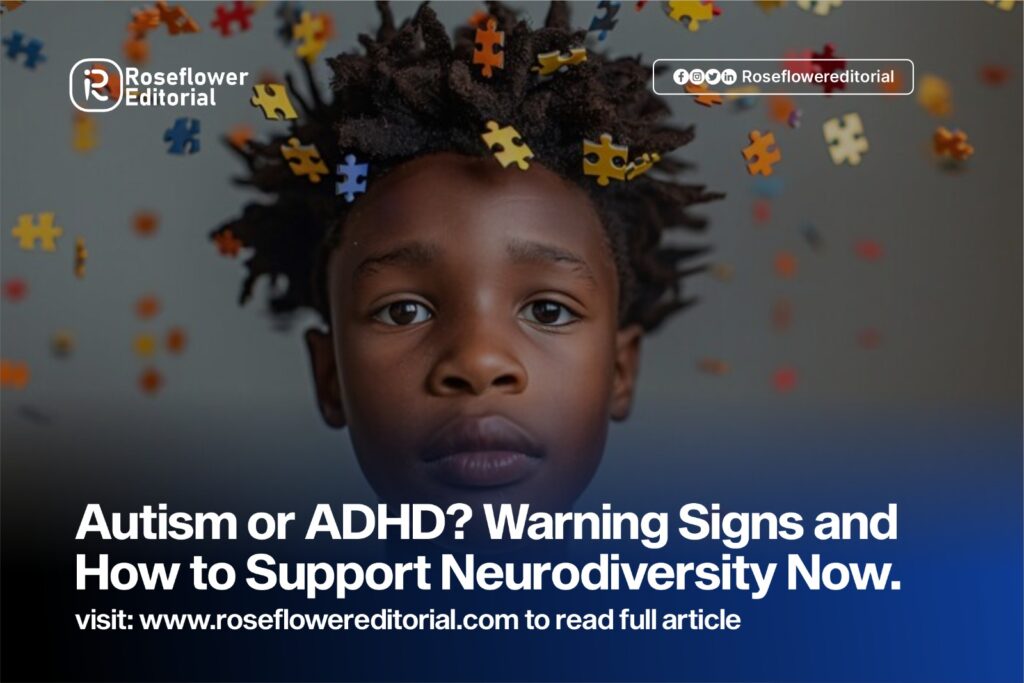



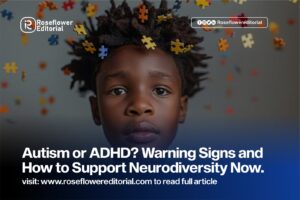








3 Responses
Your articles are always elucidating.
Thank you for sharing your knowledge with us, patience.
Thank you so much Rhoda.
You are welcome, Rhoda.